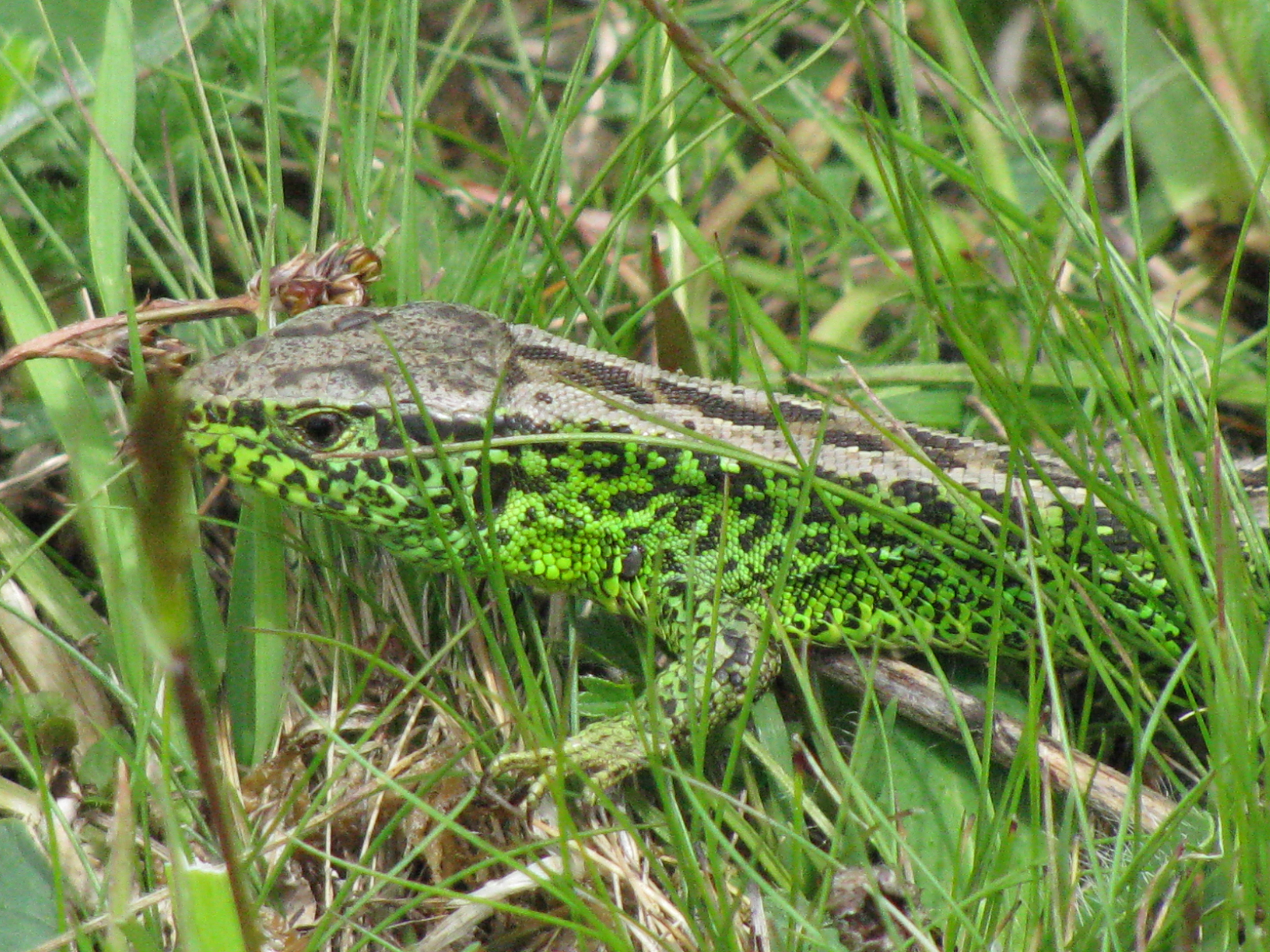This Project is now closed
Identification and formulation of EU Actions to support Agriculture and Rural Development in Sierra Leone under the second phase of the 11th EDF (2018 – 2020)
| Country | Sierra Leone |
|---|---|
| Sectors | Rural development and food security |
| Status | Framework |
| CV Deadline | 2018-07-18 (Closed Project) |
| Background | Sierra Leone is a West African country considered quite small in area (72,300 Km2), with a household population of 7,076,119 people at a growth rate of 2.2% (Census 2015). In terms of the human development index (HDI) published in 2016, Sierra Leone recorded 0.420 points in 2015, ranking 179th place in the table of 188 countries. There has been no recorded poverty incidence index since 2011. The recorded poverty headcount ratio (the percentage of the population living on less than $1.90 a day in 2011) shows a decline in poverty incidence from 62.8 % in 2000 to 52.2% in 2011 (World Bank ). The terrestrial and marine protected areas (at least 1,000 hectares that are designated by national authorities) measured as a percentage of total territorial area, increased from 2.6% in 2000 to 3.3% in 2016. CO2 emissions stemming from the burning of fossil fuels and the manufacture of cement increased from 0.11% in 2000 to 0.18% in 2016 (World Bank). Agriculture is the backbone of the economy and therefore, its development is of strategic importance. However, smallholder farmers exhibit limited agricultural productivity, which makes their dominance in staple crop production remain solely for subsistence and rarely for sale. Sierra Leone's current economic and social situation has been shaped by two events in the last decade and half: the civil war (1991-2002) and the Ebola Virus Disease (EVD) (2014-2015). The civil war and social unrest years caused a severe economic decline that virtually destroyed the physical and social infrastructure of the country, leading to widespread poverty and over 50,000 human deaths with 1 million both internally and externally displaced. The EVD outbreak that occurred in 2014 worsened the country's development indicators, killing about 3,461 people (WHO, 2015) and further bringing the whole economy to another halt. The concept of sustainable agriculture lies on a delicate balance of maximizing crop productivity and maintaining economic stability, while minimizing the detrimental environmental impacts of degrading finite natural resources. It is yet not known whether Sierra Leone is maintaining this balance, but taking cognisance of the country's reliance on finite natural resources, including for energy purposes, suggests a possible imbalance. |
| Objectives | Objective of the study The objective of this consultancy mission is to support the European Union Delegation and the Government of Sierra Leone in the identification and formulation of EU Actions to support Agriculture and rural development in Sierra Leone under the second phase of the 11th EDF (2018 – 2020). These actions should contribute to unlocking the agricultural potential and increasing rural access to market in Sierra Leone, and subsequently contribute to the development of a diversified and commercial agriculture sector that promotes inclusive green economic growth. Specific objectives:
|
Project Position 1
| Position | Senior Expert in Agriculture and Rural Development (E-I) – Category I |
|---|---|
| Qualification | The candidate must possess a least an advanced university degree in agricultural economics, crop science, agronomy, agricultural marketing, development economics; or related field is required, with post-graduate qualifications preferred. |
| Required Experience |
|
| Estimated Manpower | 40 WD |
| Mission Begin | August 2018 |
| Mission End | December 2018 |
| Other | The proposed experts group should have the following profile:
|
| Contact | Contact us |
Project Position 2
| Position | Senior Expert in Rural Infrastructure and Markets Development (E-II) – Category I |
|---|---|
| Qualification | The candidate must possess a university degree in civil engineering, agricultural engineering, rural development and infrastructure or equivalent, with post-graduate qualifications in economics preferred. |
| Required Experience |
|
| Estimated Manpower | 37 WD |
| Mission Begin | August 2018 |
| Mission End | December 2018 |
| Contact | Contact us |
Project Position 3
| Position | Senior Expert in Irrigation and Agriculture (E-III) – Category I |
|---|---|
| Qualification | The candidate must possess at least Master’s Degree in Agriculture Engineering or Water resource management or related subjects or a proven track record on working in similar field, with post-graduate qualifications preferred. |
| Required Experience |
Minimum 10 years' experience with irrigation water management, out of which a minimum of three (3) years must be as an international expert.
|
| Estimated Manpower | 30 WD |
| Mission Begin | August 2018 |
| Mission End | December 2018 |
| Contact | Contact us |
Project Position 4
| Position | Expert in Rural Enterprise Development (E-IV) – Category II |
|---|---|
| Qualification | The candidate must possess a university degree in agriculture economics, economics, or related field, with post-graduate qualifications preferred. |
| Required Experience |
A minimum experience of 5 years in enterprise development, organisation and institutional development in the agribusiness sub-sector.
Experience with externally funded development programs would be desirable, preferably with experience in market oriented projects. |
| Estimated Manpower | 37 WD |
| Mission Begin | August 2018 |
| Mission End | December 2018 |
| Contact | Contact us |

